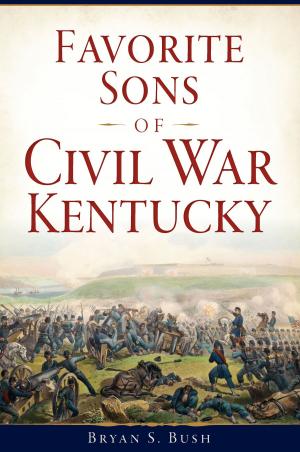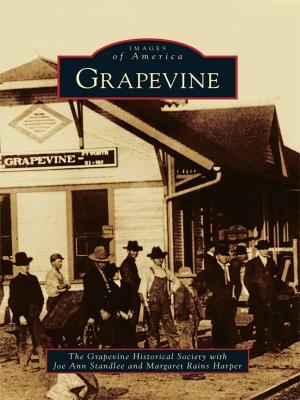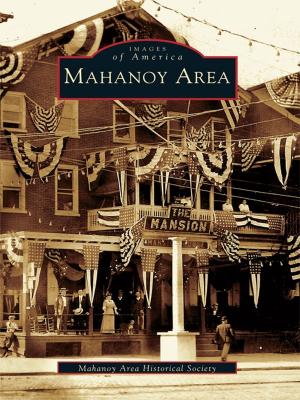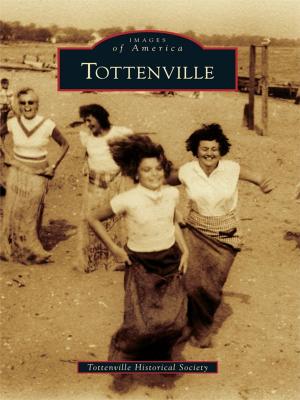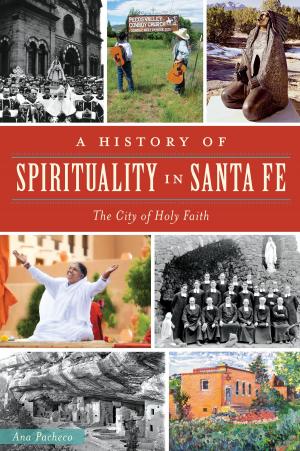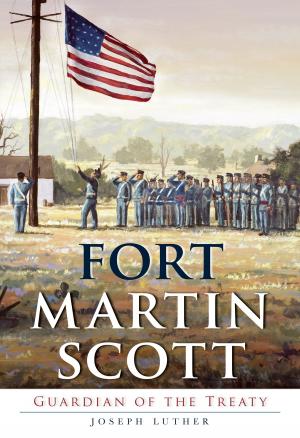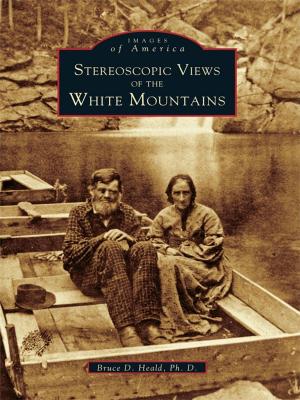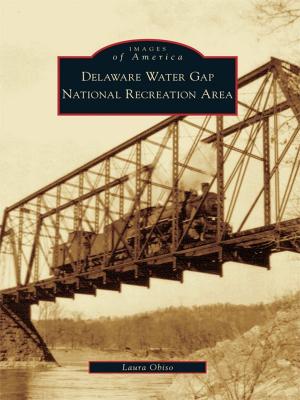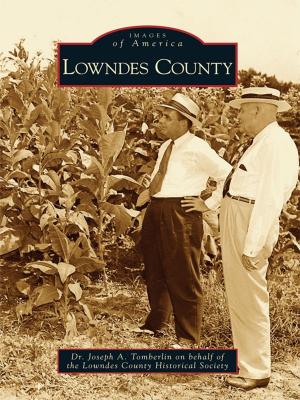| Author: | Nicole Inman | ISBN: | 9781439656914 |
| Publisher: | Arcadia Publishing Inc. | Publication: | July 4, 2016 |
| Imprint: | Arcadia Publishing | Language: | English |
| Author: | Nicole Inman |
| ISBN: | 9781439656914 |
| Publisher: | Arcadia Publishing Inc. |
| Publication: | July 4, 2016 |
| Imprint: | Arcadia Publishing |
| Language: | English |
Known to the Ute Indians as Thigunawat (Home of the Departed Spirits), the Grand Mesa has been a beacon for adventurous souls for hundreds of years. In 1776, the Dominguez-Escalante Expedition crossed through the area while searching for a route that would become the Old Spanish Trail. In 1881, with the removal of the Ute Indians to reservation lands, homesteaders arrived and began settling in Plateau Valley. Nestled along the Grand Mesa, the valley is home to the communities of Collbran, Plateau City, Mesa, and Molina. Many of the historic buildings are still in use, and the Community Church Building has been designated a historic landmark. Recreational opportunities abound, both within the valley and nearby on the Grand Mesa. Camping, fishing, hiking, hunting, skiing, snowmobiling, and snowshoeing are among the favorites.
Known to the Ute Indians as Thigunawat (Home of the Departed Spirits), the Grand Mesa has been a beacon for adventurous souls for hundreds of years. In 1776, the Dominguez-Escalante Expedition crossed through the area while searching for a route that would become the Old Spanish Trail. In 1881, with the removal of the Ute Indians to reservation lands, homesteaders arrived and began settling in Plateau Valley. Nestled along the Grand Mesa, the valley is home to the communities of Collbran, Plateau City, Mesa, and Molina. Many of the historic buildings are still in use, and the Community Church Building has been designated a historic landmark. Recreational opportunities abound, both within the valley and nearby on the Grand Mesa. Camping, fishing, hiking, hunting, skiing, snowmobiling, and snowshoeing are among the favorites.

